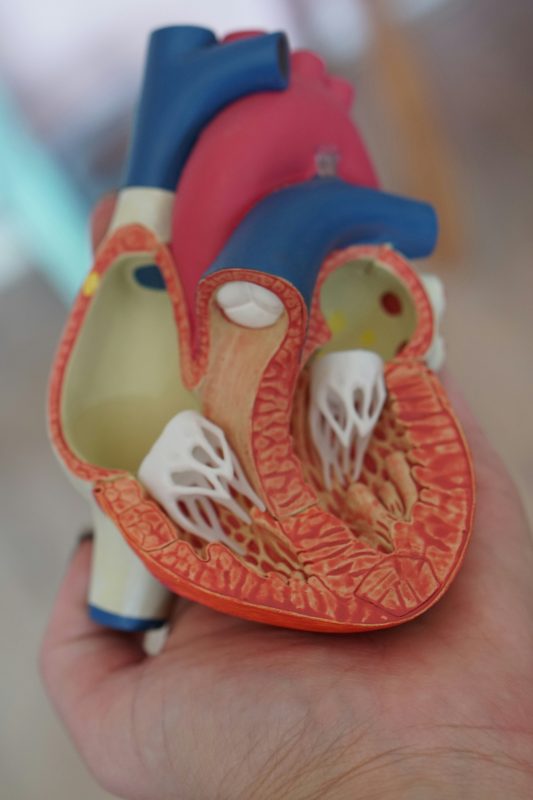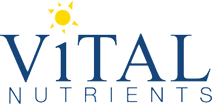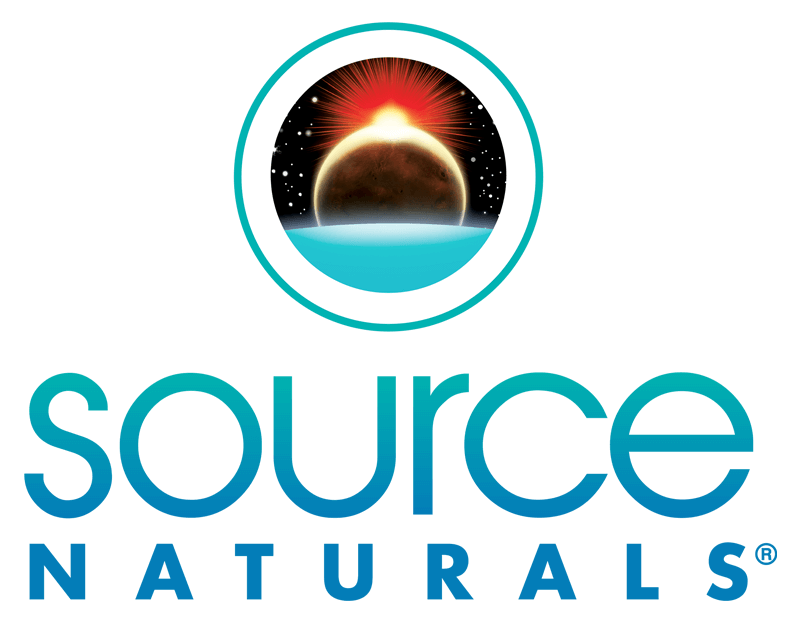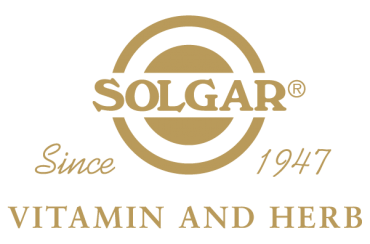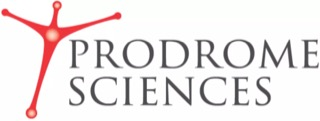Heart Health
Cardiovascular diseases, particularly heart disease and stroke, are the leading causes of death globally.
Vascular Related Diseases: Vascular diseases encompass a range of conditions affecting the blood vessels. Some common vascular diseases include:
- Atherosclerosis: Buildup of plaque in arteries.
The plaque that builds up in arteries is primarily composed of a mixture of substances, including:
- Cholesterol: Both low-density lipoprotein (LDL or “bad” cholesterol) and very low-density lipoprotein (VLDL) can contribute to the formation of arterial plaque.
- Triglycerides: Another type of fat found in the blood, triglycerides can be part of the plaque.
- Calcium: Deposits of calcium can accumulate within the plaque, contributing to its hardening.
- Cellular Waste Products: Cells, particularly smooth muscle cells, can contribute to the plaque.
- Fibrous Tissue: Collagen and other fibrous proteins help form a fibrous cap over the plaque.
- Inflammatory Cells: White blood cells, particularly macrophages, are involved in the immune response against the accumulating plaque.
The process by which plaque forms in arteries is called atherosclerosis. It begins with damage to the inner lining of the artery, often due to factors such as high blood pressure, smoking, or high levels of LDL cholesterol. In response to the damage, the body initiates an inflammatory response, leading to the accumulation of lipids, white blood cells, and other substances at the site of injury. Over time, this mixture forms a plaque that can narrow and harden the arteries, potentially leading to complications such as reduced blood flow, blood clots, or even rupture of the plaque, which can trigger more severe events like a heart attack or stroke.
- Coronary Artery Disease (CAD): Atherosclerosis affecting the coronary arteries.
- Peripheral Artery Disease (PAD): Atherosclerosis in arteries outside the heart.
- Stroke: Caused by disruption of blood flow to the brain.
- Deep Vein Thrombosis (DVT): Blood clot formation in deep veins.
- Aneurysm: Weakening and bulging of blood vessel walls.
- Varicose Veins: Enlarged and twisted veins, often in the legs.
- Hypertension (High Blood Pressure): Persistent elevated blood pressure.
How Vascular Diseases Start: Vascular diseases often begin with damage to the blood vessel walls. Factors such as high blood pressure, high cholesterol, smoking, diabetes, and genetic predisposition contribute to this damage. Inflammation and the accumulation of fatty deposits (atherosclerosis) can then lead to narrowing, blockages, or weakening of blood vessels, increasing the risk of various vascular conditions.
Percentage of Men and Women Affected: The prevalence of heart and vascular-related diseases can vary by region and population. Generally, both men and women can be affected, with some differences in the age of onset and specific risk factors. Heart disease and stroke contribute to a significant percentage of both men’s and women’s annual deaths worldwide.
Prevention of Heart and Vascular Issues: Several lifestyle modifications can help prevent heart and vascular diseases:
- Healthy Diet: Emphasize fruits, vegetables, whole grains, and lean proteins. Limit saturated and trans fats, sodium, and added sugars.
- Regular Physical Activity: Engage in aerobic exercise and strength training to promote cardiovascular health.
- No Smoking: Quitting smoking is one of the most impactful steps to reduce cardiovascular risk.
- Limit Alcohol Intake: Moderation is key. Excessive alcohol consumption can contribute to cardiovascular problems.
- Maintain a Healthy Weight: Achieving and maintaining a healthy weight reduces the risk of heart disease.
- Manage Stress: Practices such as meditation, yoga, or relaxation techniques can help manage stress levels.
Natural Compounds for Heart and Vascular Health: Several natural compounds found in foods and supplements may support heart and vascular health:
- Omega-3 Fatty Acids: Found in fatty fish, flaxseeds, and walnuts, omega-3s have anti-inflammatory and heart-protective effects.
- Antioxidants: Found in fruits and vegetables, antioxidants help combat oxidative stress, reducing the risk of atherosclerosis.
- Garlic: Contains allicin, which may have blood pressure-lowering effects.
- Coenzyme Q10 (CoQ10): A compound found in certain foods and available as a supplement, CoQ10 plays a role in energy production and may have antioxidant properties.
- Green Tea: Contains catechins, which may contribute to heart health.
It’s important to note that while these compounds may offer some benefits, they are not a substitute for a healthy lifestyle and medical advice. Before starting any new supplement regimen, it’s recommended to consult with a healthcare professional, especially if there are existing health conditions or medications involved.
We hope you found the information provided by Thera-Mineral valuable and insightful. At Thera-Mineral, we are dedicated to offering high-quality supplements to support your health and well-being.
If you have any further questions, need additional information, or would like to explore our range of supplements, please don’t hesitate to reach out. You can contact us at our office located at 25216 Grogan’s Park Dr. Suite A, The Woodlands, TX 77380. Our friendly team is ready to assist you by phone at 855-472-2569 or via email at support@theramineral.com.
For your convenience, most supplements are available on our website, theramineral.com. However, if you don’t find a specific product on the site, our dedicated staff can help you place an order, and we’ll ensure it’s delivered to your place of choice.
We appreciate your trust in Thera-Mineral, and we look forward to being a reliable partner on your journey to optimal health. Thank you again for being part of our community!



